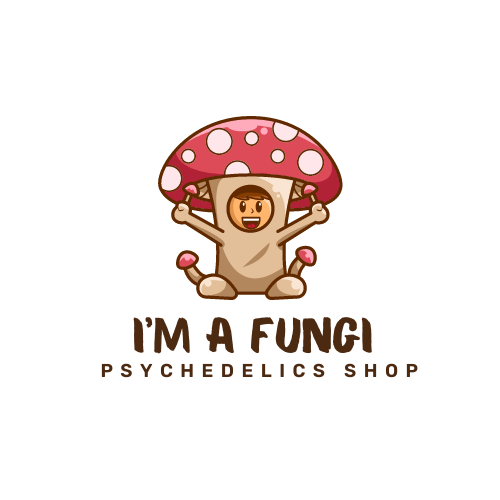BLOG
Exploring Mycological Wonders: Mushrooms in New Zealand

New Zealand, with its lush landscapes and unique ecosystems, is home to a diverse array of mushrooms that play vital roles in the country’s ecology, culture, and even cuisine. In this in-depth exploration, we embark on a journey to uncover the fascinating world of mushrooms in New Zealand, delving into their ecological significance, cultural connections, edible varieties, and the challenges and opportunities they present in the realm of mycology.
Ecological Marvels: The Mushroom Kingdom’s Role in New Zealand’s Ecosystems
Mushrooms, often hidden beneath the forest canopy, contribute significantly to the ecological balance in New Zealand. As mycorrhizal symbionts, they form intricate relationships with native plants, facilitating nutrient exchange and enhancing ecosystem health. Some mushrooms are pivotal in decomposing organic matter, recycling nutrients, and maintaining soil structure, highlighting their crucial ecological role.
Cultural Significance: Mushrooms in Māori Tradition
In Māori culture, mushrooms hold cultural significance, intertwined with traditional practices and beliefs. While not extensively documented, certain mushrooms are believed to have played roles in traditional medicine, rituals, or as symbolic elements in Māori folklore. Understanding the cultural importance of mushrooms sheds light on the profound connection between the Māori people and the natural world.
Edible Delights: Culinary Mushrooms of New Zealand
New Zealand boasts a variety of edible mushrooms that have found their way into local cuisines. From the iconic Pāua mushroom to the delectable Saffron Milk Cap, foraging enthusiasts and chefs alike treasure the unique flavors and textures these fungi bring to dishes. A closer examination of popular edible varieties provides insight into the culinary potential that New Zealand’s mushroom kingdom offers.
Challenges and Opportunities in Mycology: Conservation and Research
Mushrooms, despite their resilience, face challenges in New Zealand, including habitat loss, invasive species, and climate change. Conservation efforts aim to protect native fungi species and their habitats. Ongoing research endeavors delve into the identification of new species, understanding their ecological roles, and exploring potential medicinal properties, presenting exciting opportunities for mycologists.
Psychoactive Species: Magic Mushrooms in New Zealand
Magic mushrooms, or psychoactive fungi containing psilocybin, are found in New Zealand. The legal status and cultural attitudes toward these mushrooms contribute to a nuanced discussion about their use and potential therapeutic benefits. As interest in psychedelics for mental health grows globally, New Zealand’s magic mushrooms have become a subject of increasing interest.
Mushroom Foraging: A Growing Recreational Pursuit
Mushroom foraging has become a popular recreational activity in New Zealand. Enthusiasts traverse forests and woodlands in search of both edible and exotic mushrooms. Responsible foraging practices are crucial to ensuring the sustainability of fungal populations and the preservation of ecosystems, emphasizing the delicate balance between exploration and conservation.
Mycological Education and Awareness: Fostering a Fungi-Friendly Culture
Promoting mycological education and awareness is essential for fostering a fungi-friendly culture in New Zealand. Initiatives that educate the public about the ecological importance of mushrooms, safe foraging practices, and the rich diversity of fungal life contribute to a deeper appreciation for the fungal kingdom.
Future Horizons: The Untapped Potential of New Zealand’s Mushrooms
As interest in mycology grows, the untapped potential of New Zealand’s mushrooms becomes increasingly apparent. From culinary innovation to medicinal applications, the diverse fungal species hold promise for future discoveries. Conservation efforts, coupled with responsible exploration, will be key in unlocking the full spectrum of possibilities that the mushroom kingdom in New Zealand has to offer.
Conclusion: Nurturing the Fungal Symphony
Mushrooms in New Zealand, with their ecological significance, cultural importance, and diverse array of species, contribute to the symphony of life in this island nation. From the forest floor to the dinner plate, mushrooms weave an intricate tale of interconnectedness and resilience. Embracing a holistic approach to mycology, one that encompasses conservation, education, and exploration, ensures that the fungal wonders of New Zealand continue to thrive and enchant generations to come.
